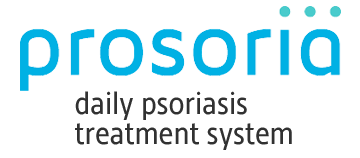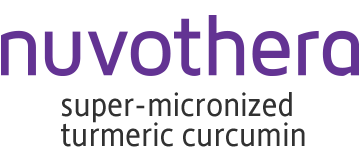Is Psoriasis Contagious?
12 Aug 18

If you regularly suffer from patches of irritated or dry skin, you may have one of the more common autoimmune diseases known as psoriasis. According to the National Psoriasis Foundation, over eight million Americans have some variation of this noninfectious and inflammatory disorder. There are over 125 million people with psoriasis worldwide.
The most common type of psoriasis, known as plaque psoriasis, shows up as patches of inflamed, scaly, or dry skin that are typically found on your elbows or your scalp. While it is itchy, and the symptoms may look similar to a poison oak rash, how they are shared or passed are entirely different.
With poison oak or poison ivy, the outbreak is spread through the transfer of plant oils to your skin causing a rash; psoriasis, on the other hand, can only be passed genetically. So, there is no need to worry over somehow passing it to a co-worker, friend or loved one. Psoriasis is not contagious and is very treatable.
About Psoriasis: What You Need to Know
While there is no singular cause of psoriasis, nor an easily diagnosable beginning, we do know that it is genetically passed down from parents and begins in the immune system. There, the system sends improper signals to the white blood cells, telling them to rush to regions of the skin—as if to fight off an infection or heal a wound.
These white blood cells arrive where commanded by our bodies, and move immediately to repair the skin surface, even though the skin does not actually need any fixing. This leads to patches of reddened areas of skin having an overabundant buildup of dead skin cells found on various parts of the body called plaques. These scaly appearing buildups accumulate and are shed as flakes of dry skin. .
For those who do not have psoriasis, skin cells develop slowly. For people with psoriasis however, an overabundance of skin cells can form within days, which the body is not equipped to handle. As these cells rapidly multiply, the skin is incapable of shedding them at the same speed from which they form. And this is why they turn into these scaly appearing dry skin plaques.
Why Isn't Psoriasis Contagious?
Your body's immune system is meant to protect you from disease and infection, but for those with an autoimmune disease, the immune system mischaracterizes healthy cells as infected cells and attacks them instead.
At this point, doctors are still unsure as to what causes many autoimmune diseases, although we do know that there are genetic links and that they tend to run in family lines. Psoriasis is an autoimmune disease and not causes by an infectious organism such as a bacteria, virus or mite. Whereas scabies and impetigo may spread via skin-to-skin contact, psoriasis functions in a completely different manner.
Why Do People Think Psoriasis Is Contagious?
Before much was known about autoimmune diseases, and psoriasis specifically, a fairly common misdiagnosis made by doctors in the early 20th century was that the patient had leprosy. Even though both diseases had red patches on the skin, this somewhat reasonable, but rudimentary assertion, failed to consider that leprosy is a much more serious disease. While both show skin lesions, the wounds of leprosy are far worse. Regardless, for some, the connection stuck, and since some forms of leprosy were contagious, they naturally assumed that psoriasis was also infectious and contagious.
In reality, most of us are undereducated when it comes to disease or biological disorders. Our natural inclination is to assume the worst, or to associate one type of common disease or condition with another, even if the symptoms or causes are vastly different. This phenomenon is likely only heightened with skin conditions that appear reddened and seen in prominent, visible portions of the skin.
If you are personally struggling with psoriasis, you may feel irritated, annoyed, and frustrated. This is completely normal. However, take heart in the fact that you are not alone and psoriasis is not contagious, and that you need not worry about somehow spreading it to those in your day to day life. Psoriasis does not have to alter your routine, your work life, or your relationships. There are many effective medicines for psoriasis and it can be treated. So, be sure to consult a doctor right away and find a psoriasis treatment system that is right for you.

